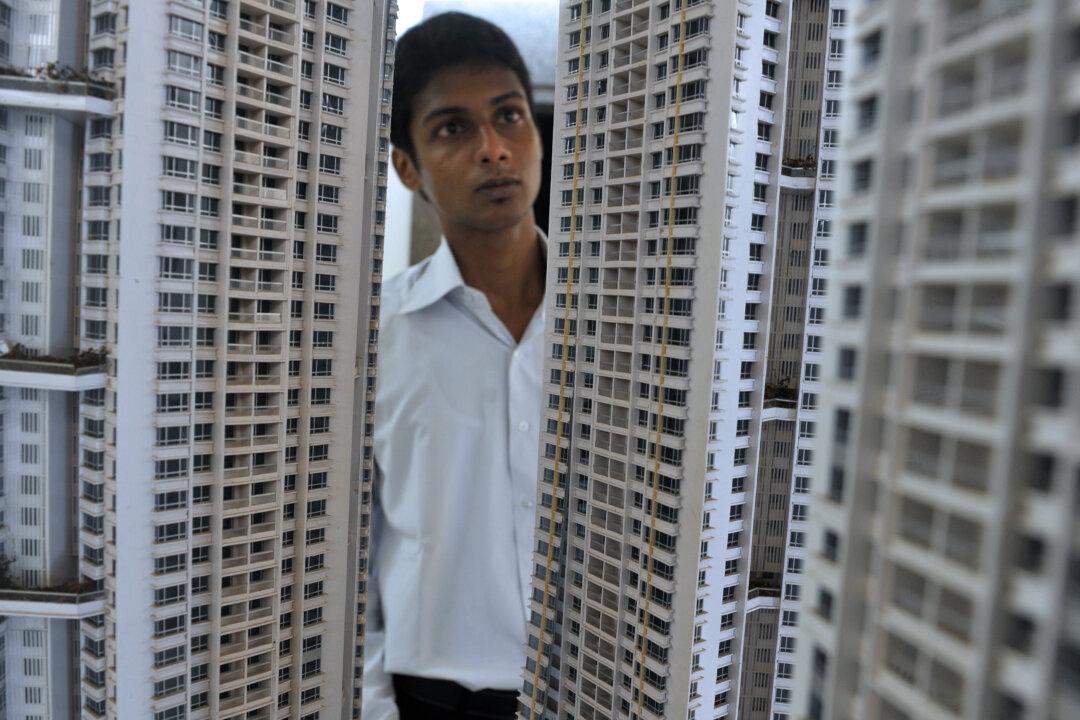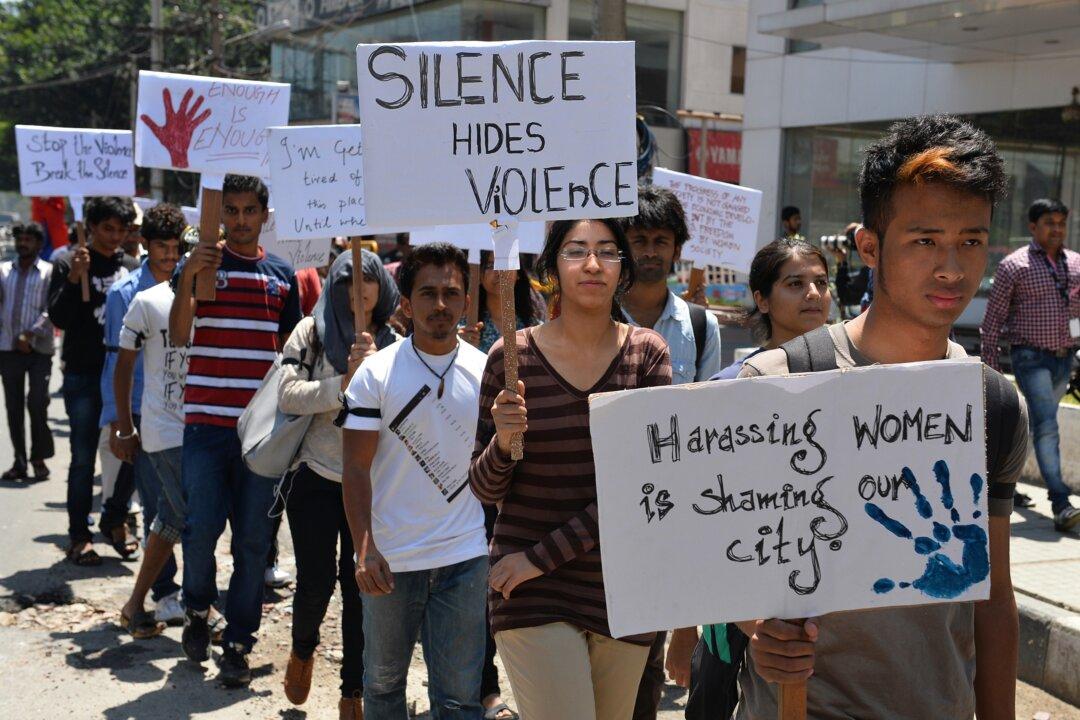It is a situation all too typical for Indian homeowners. A local developer promises to build luxurious villas and apartments—in this example it was in the heart of the south Indian city of Kochi—and collects over Rs 100 crore ($15.7 million) from potential home buyers to fund the project. Rs is a term for 1 trillion in Indian currency.
The builder eventually misses several deadlines, and the firm’s directors are nowhere to be found, after withdrawing all the money from their bank accounts.
Apple-A-Day Properties already had two successful projects up and running, and their buyers had no reason to suspect the company would not complete. The problem is, those who handed over the millions had no way of knowing, and no protections either, because the country’s real estate market is virtually unregulated.
Indian police said this is only the tip of the iceberg. With India’s urban middle class growing at a rapid pace, and along with it an increase in the demand for luxury homes, fraud in the industry is rife.
According to a report by India’s National Crime Records Bureau, there were 181 cases of property lost under criminal breach of trust in 2013, in the nation’s capital of Delhi alone.
Expanding Middle Class
According to the standards set by the Asian Development Bank, just over a quarter of India’s 1.2 billion people fall into the middle class. However, in sheer numbers, that’s about as many people as the population of the United States. According to different projections, India’s middle class is expected to grow to anywhere between 500 million and 1 billion by 2025.




